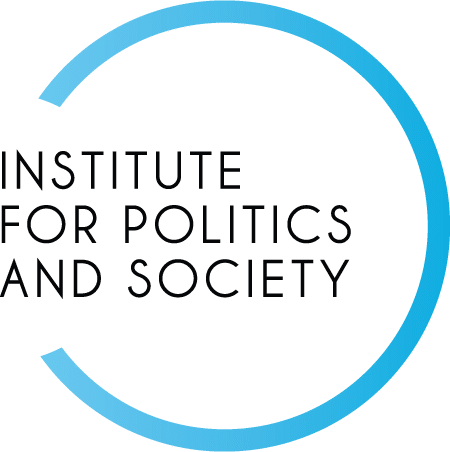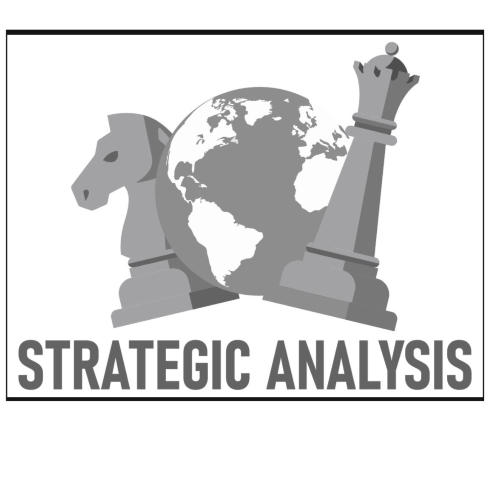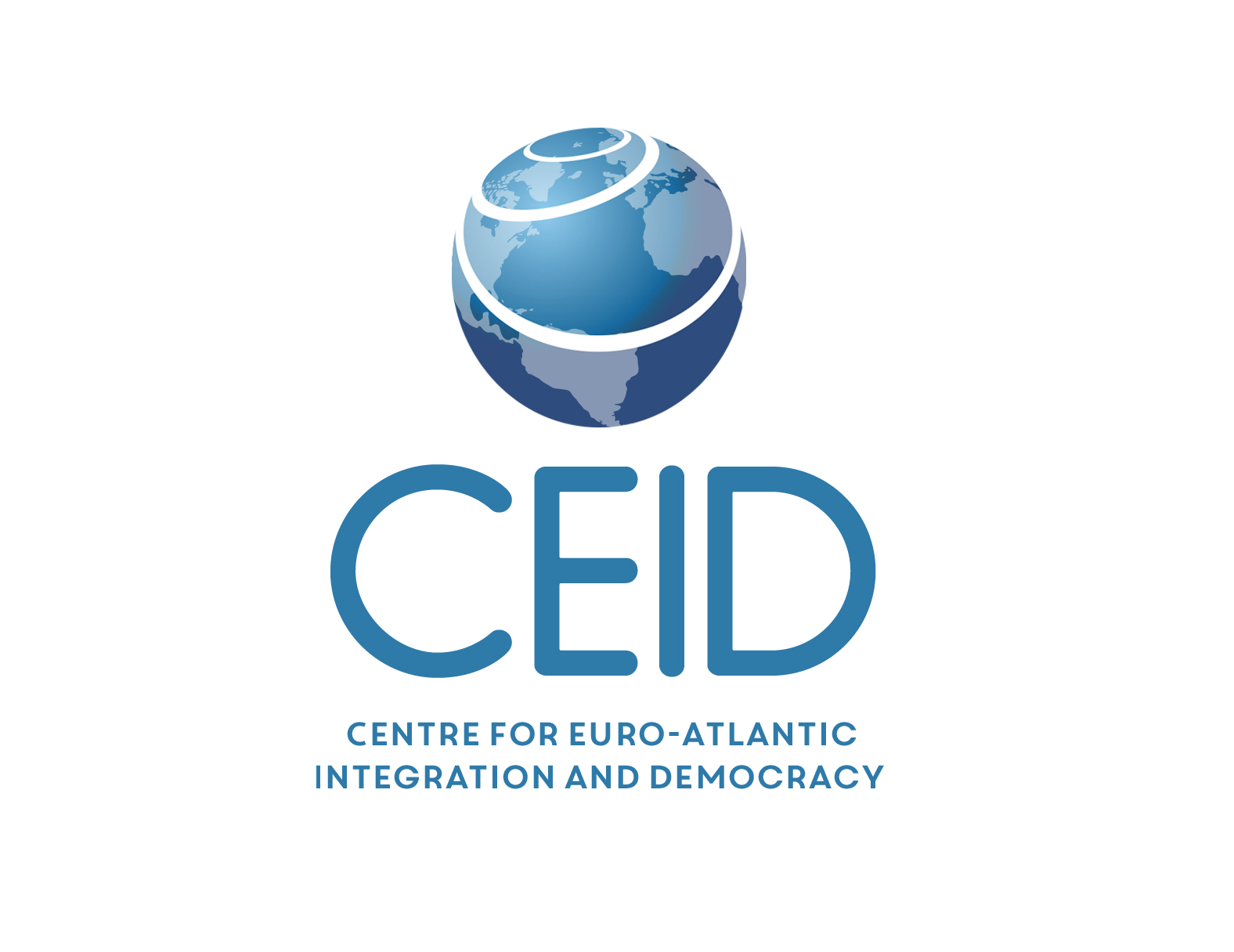Development of Strategic Communication Skills: Lessons from Visegrad Four's Experience
The grant holder and main project coordinator is the Armenian Institute of International and Security Affairs—AIISA, an independent Yerevan based think tank. The coordinator of the project is Styopa Safaryan, AIISA founder and director.
The Project will be implemented with the support of the following research institutes and think tanks from V4 countries:
|
Institute for Politics and Society Martinské 2, 110 00 Prague 1, Czech Republic |
|
|
Tolstého 5, Bratislava 811 06, Slovak Republic |
|
|
Gałczyńskiego 5, Warsaw, Poland
|
|
|
Centre for Euro-Atlantic Integration and Democracy Dutka Ákos utca 72, Budapest, Hungary |
|
|
The project is co-financed by the Governments of Czechia, Hungary, Poland and Slovakia through Visegrad Grants from International Visegrad Fund. The mission of the fund is to advance ideas for sustainable regional cooperation in Central Europe.
|
|
SHORT DESCRIPTION OF THE PROJECT
The project is aimed at developing and introducing a course on strategic communication and hybrid threats for Armenian public servants and representatives of civil society organizations. The course will combine online and on-site teaching with practical assignments and would use experience and know-how provided by Armenian experts and V4 partners.
Current issues: For a long time, Armenia has been facing dis- and misinformation, fake news, cyber threats, and other impediments to the democratic development. That includes disinformation and hostile propaganda against the EU-Armenia cooperation, and, particularly, against the EU monitoring mission deployed along the Armenia-Azerbaijan border, as well as against the EU's and the United States' conflict mediation efforts. These are combined with narratives undermining the state sovereignty. Dis- and misinformation also aggravated the course of the Covid pandemic and weakened the vaccination efforts and has had various other negative effects. While a few civil servants have had opportunities to participate in strategic communication courses abroad, there is an apparent lack of effective strategic communication and coordinated efforts in that regard.
THE MAIN GOAL OF THE PROJECT
The proposed course will familiarize a few dozens of Armenian civil servants and civil society organizations’ experts with recent studies and practices pertaining to the field, equipping them with some knowledge and theory, as well as practical skills. Overall, it is planned that in addition to the possibility of applying the improved skills by civil servants, participating civil society organizations will also be better prepared to analyze various hybrid threats and to act as opinion multipliers. Considering the disinformation narratives which currently constitute the main threat and their extent, the course would particularly involve participants from different governmental organizations, CSOs working in the regions and vulnerable groups. The course would also serve as a basis for regular courses on this and related topics. Cooperation with educational institutions towards the development of a structured academic course would be sought as well.
The proposed project would also serve as a model for regular courses covering the topic. Tentatively, the course may cover the following topics:
√ Leadership and decision-making
√ StratCom fundamentals (persuasion, campaign planning and implementation, conflict analysis and dialogue)
√ StratCom concepts (communication effects, narrative analysis and development, the role of mass media in the implementation of StratCom priorities)
√ StratCom and hybrid threats
√ The role of StratCom in dealing with cybersecurity, and hybrid threats
√ Disinformation, fake news, propaganda (strategic narratives as resilience-building instruments against disinformation)
√ Developing resilience through media and digital competences
√ Crisis management and crisis communication
ADDED VALUE AND INNOVATION ELEMENT OF THE PROJECT
The project will allow to develop the already established cooperation with some of the V4 partners and to develop new partnerships, and to use the partners' know-how and practical tools, which have already been applied in Central Europe, the Western Balkans and some of the Eastern Partnership countries. It would also introduce elements similar to the short-term strategic communication course organized by the European Security and Defense College for teaching in Armenia. The project will help to deepen our institution's cooperation with state agencies and policy experts, to make additional contributions to the policy debate, and, overall, to improve state and social resilience against the current hybrid threats.
The regional scope of the project will allow combining the partner institutions' experiences and expertise, and to compare policy approaches in V4 states and beyond. Furthermore, the project will establish a basis for further institutional cooperation with the partners.
COURCES & PANEL DISCUSSIONS
July 6, Introductory Course: Main Issues of Strategic Communication in the Republic of Armenia: Group 1
July 7, Introductory Course: Main Issues of Strategic Communication in the Republic of Armenia: Group 2
July 19: Cyber and Digital Security, and Communication: Group 1
July 20, On-Line Panel Discussion: Current Hybrid Threats and Communication
July 21: Cyber and Digital Security, and Communication: Group 2





